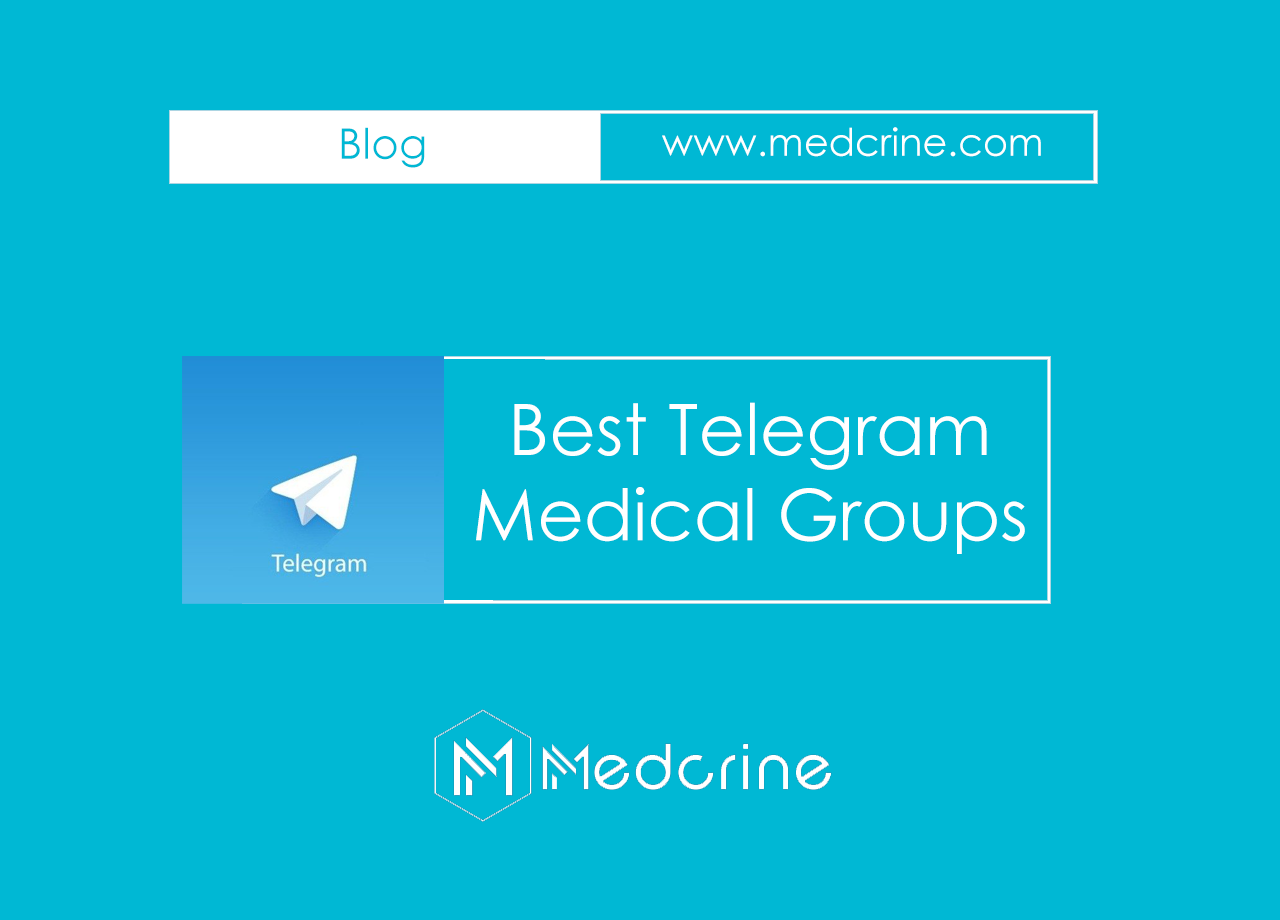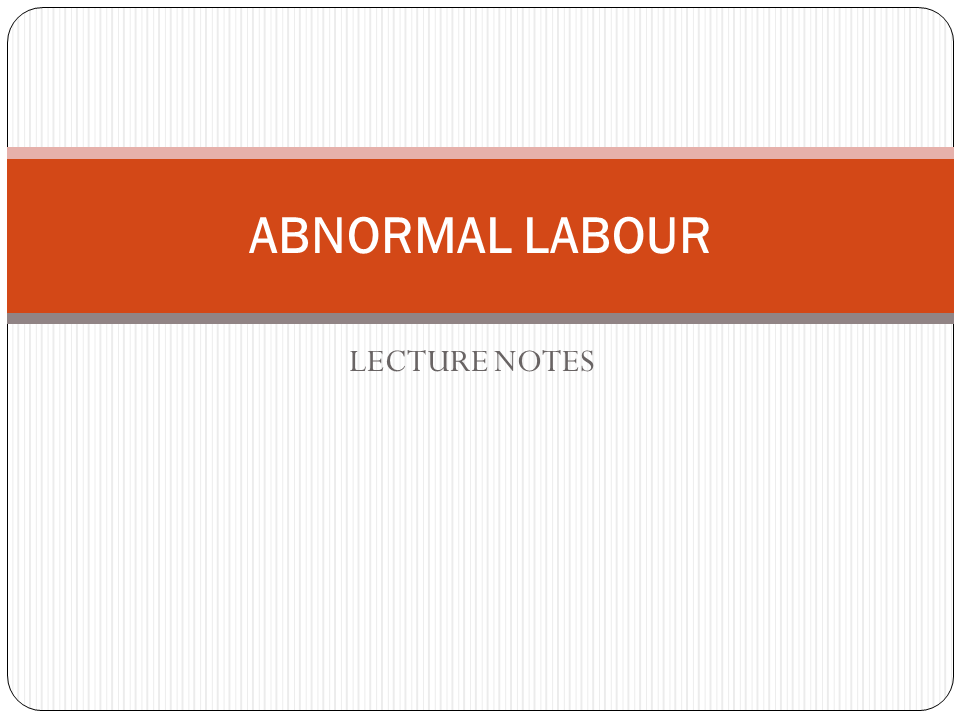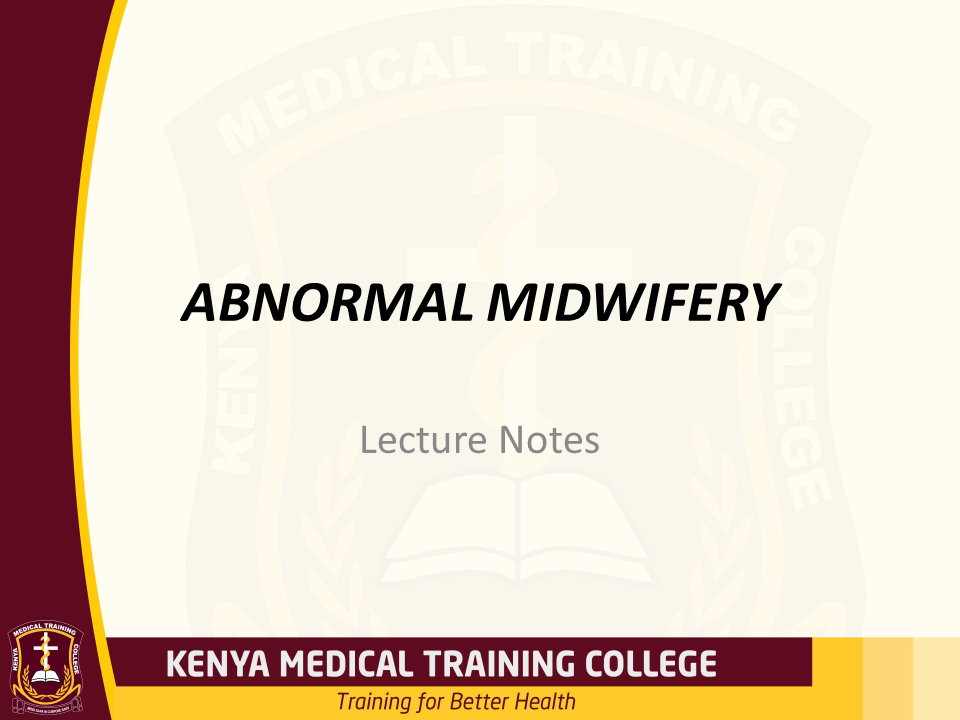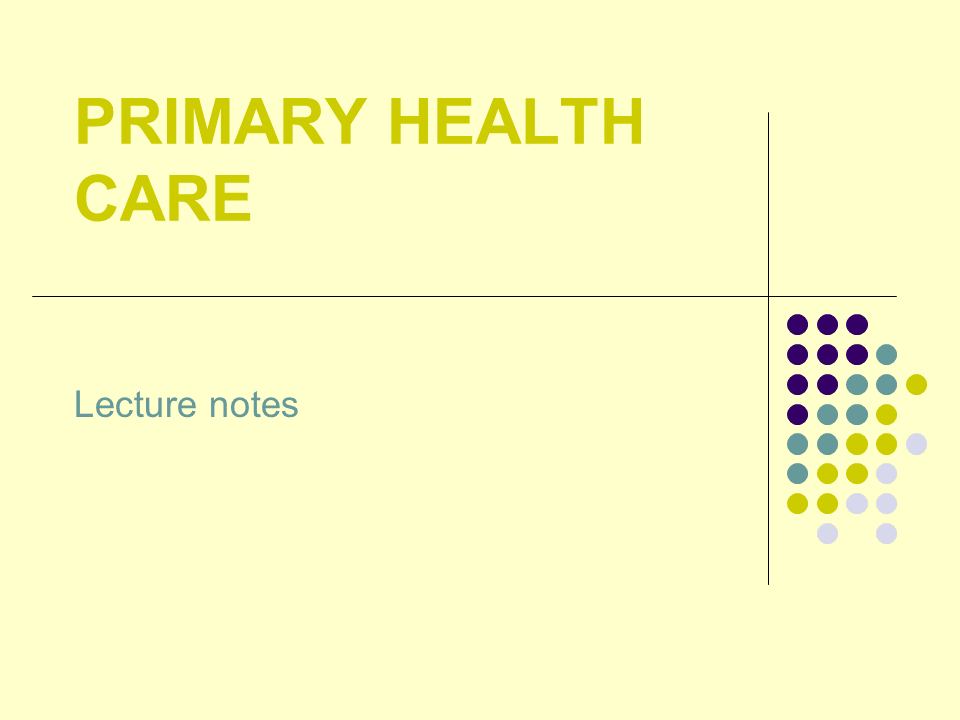- Endocrinology
- Clinicals
Goitre: Symptoms and Treatment
- Reading time: 2 minutes, 35 seconds
- 166 Views
- Revised on: 2020-08-04
Goitre is an enlargement of the thyroid gland.
The thyroid gland produces thyroid hormones, which help regulate the body's metabolism, the chemical processes that occur in the body.
The size of goitre can vary from person to person. In most cases, the swelling is small and doesn't cause any symptoms.
Causes of a goitre
A goitre can have several possible causes, including:
- an overactive thyroid gland (hyperthyroidism).
- an underactive thyroid gland (hypothyroidism).
- hormone changes during puberty, pregnancy or the menopause.
- not enough iodine (a trace mineral found in fish and plant foods) in your diet.
- taking some types of medication – such as lithium, a medication often used to treat a number of mental health conditions.
- an inflamed thyroid gland (thyroiditis).
- having radiation treatment to your neck or chest area – such as radiotherapy for neck cancer.
- nodules or cysts within the thyroid – most are benign but should be assessed.
- thyroid cancer.
Classification
Simple goitre can be diffuse or Usually caused by lack of iodine or defects in the synthesis of thyroxine hormone.
Toxic goitre may be diffuse or Produces excess thyroxine (T3, T4) and manifests with signs and symptoms of thyrotoxicosis.
Neoplastic goitre can be benign or Thyroiditis, e.g., Hashimoto’s thyroiditis
Infection-related goitres: These are rare goitres and may be caused by tuberculosis.
Clinical Features
Most patients are asymptomatic.
Pressure symptoms consist of engorged neck veins, dysphagia, stridor, hoarseness.
In hyperthyroid patients, signs and symptoms include weight loss, diarrhoea, heat intolerance, sweating, tachycardia, heart failure, tremors, eyelid lag, exophthalmos, and menstrual disorders.
Investigations
- X-ray neck, thoracic inlet.
- Thyroid function tests (levels T3, T4, TSH, etc.) in thyrotoxicosis.
- Fine needle aspirate and cytology.
- Ultrasound of thyroid gland.
Management
The treatment for a goitre depends on the underlying cause.
For goitre you will need to reassure patient:
-
- In a smooth non-toxic colloid, goitres use Thyroxine 50–150 micrograms OD for 6 If no change stop drugs and follow up.
- For Toxic goitre management is conservative with anti-thyroid drugs (carbimazole, methimazole), propranolol,
Thyrotoxicosis
-
- Aim of treatment is to restore the euthyroid Use the pulse rate and thyroid function tests if available to monitor progress
- Anti-thyroid drugs: Carbimazole 15–20mg TDS for 3 to 4 weeks thereafter reduce the dose to maintain euthyroid state, this ranges from 5–30mg Propranolol 60–240mg in 3 divided doses.
- In place of carbimazole, propylthiouracil can be administered at doses not exceeding 300mg/day and given in divided doses at 6–8 hourly intervals. Methimazole may also be given instead, administered at doses of 20–30mg once.
-The dose may be increased to 30–40mg daily after 2 weeks then tapered after the euthyroid status has been realized. A maintenance dose is 2.5– 5mg daily for 12–24 months. - Radioactive iodine ablation – Indicated in patients in whom anti-thyroid drugs have failed to achieve euthyroid state within 12–24 months. For women it is preferred in those who have completed In both sexes it is preferable in those aged 35 years and above.
Indications for surgery:
-
- Toxic goitre and
- Failure to control symptoms despite adequate treatment with drugs.






